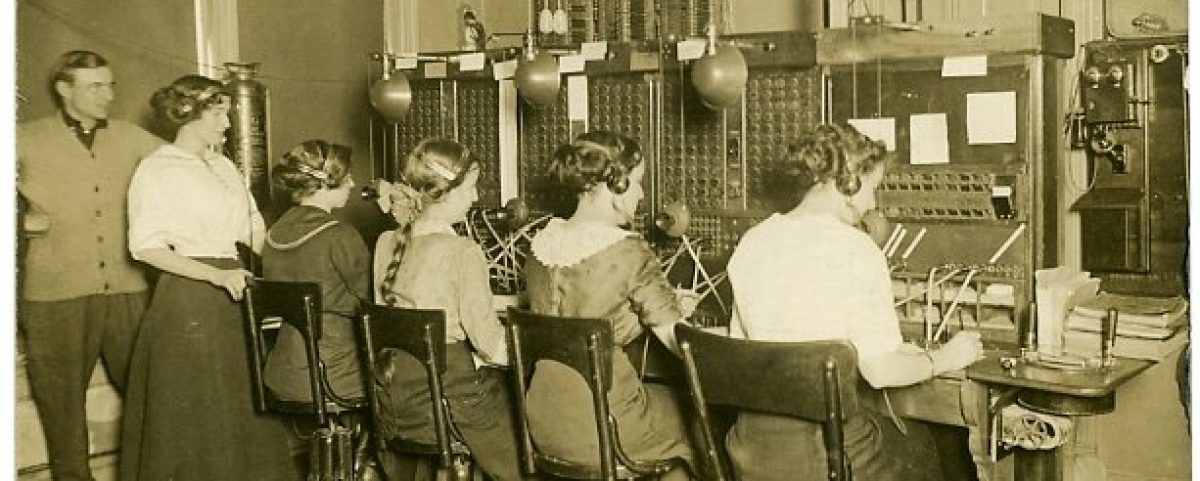For course assignments, I try to employ projects that engage students in the practice of history while also helping them understand the subject they are examining.
As this time in the semester rolls around, it’s time for everyone to present one of those deliverables, an oral history project. As we wrapped up this task, I was pleased with the outcome as all the participants produced engaging work, while several had developed outstanding projects.
Everyone had identified an appropriate individual for the task and obtained quality information from the interview. Those that excelled had gone beyond that to place the data collected during the lab in the larger context of what was happening in the period to provide meaningful interpretations to their work.
I am usually impressed with a number of the class presentations each semester and have found oral history assignments to be a worthwhile means for engaging my students in the practice of history while helping them gain better comprehension of the subject matter. For example, two students
focused on the Vietnam War today. One interviewed a relative about the draft during the war, while another focused on the war veteran’s reaction when he returned home in the late ’60s. Another student interviewed a small-town police chief. He’d been on the job for forty years, beginning when the force of two men had to share one gun. He talked about the professionalization that has occurred over the decades.
While I can lecture on these subjects, the hands-on experience students acquire in these interviews is helpful. I am happy with how these turned out
and how this also appeals to a young group of college students.
Like this:
Like Loading...


 The library system in Cecil County recently celebrated an important achievement. For the first time, the system circulated 1-million items. That is 10 items checked out for every single citizen in the county. To observe this major milestone, every library branch in the county celebrated with a range of special programs. One aspect involved Cecil Reads posters featuring staff, citizens, and community leaders.
The library system in Cecil County recently celebrated an important achievement. For the first time, the system circulated 1-million items. That is 10 items checked out for every single citizen in the county. To observe this major milestone, every library branch in the county celebrated with a range of special programs. One aspect involved Cecil Reads posters featuring staff, citizens, and community leaders.